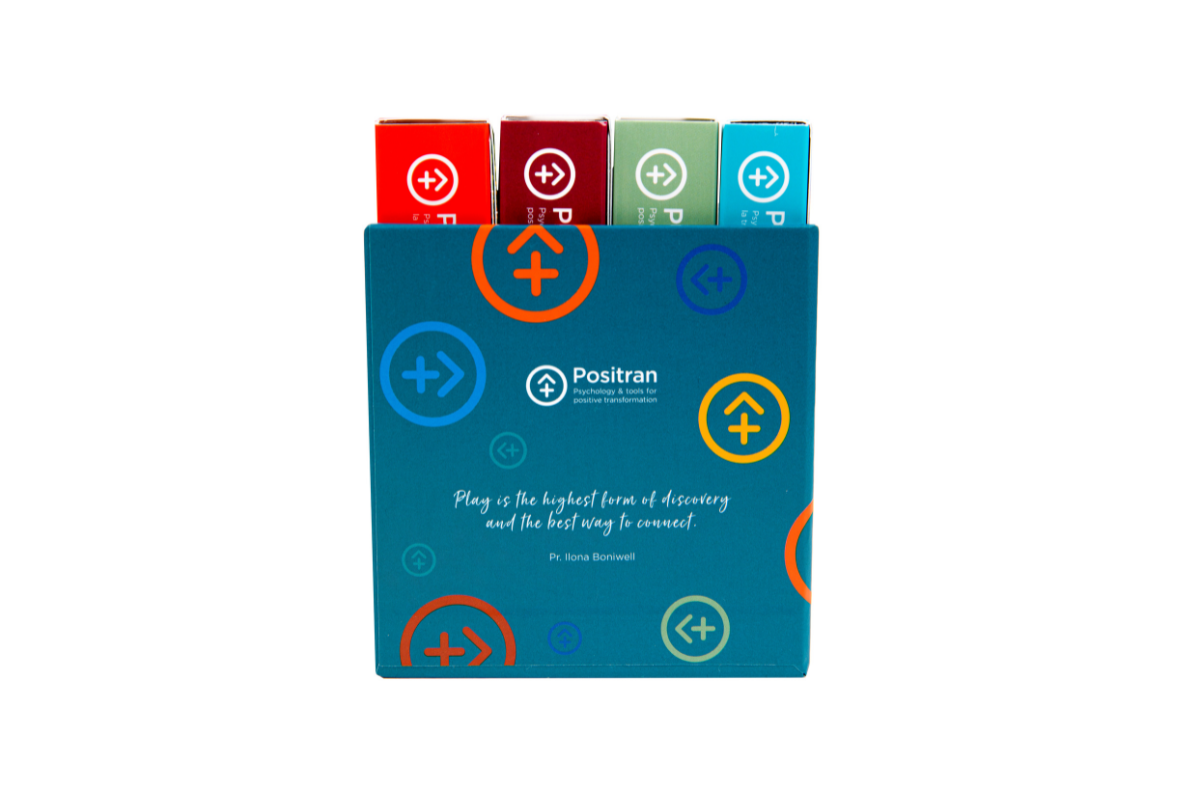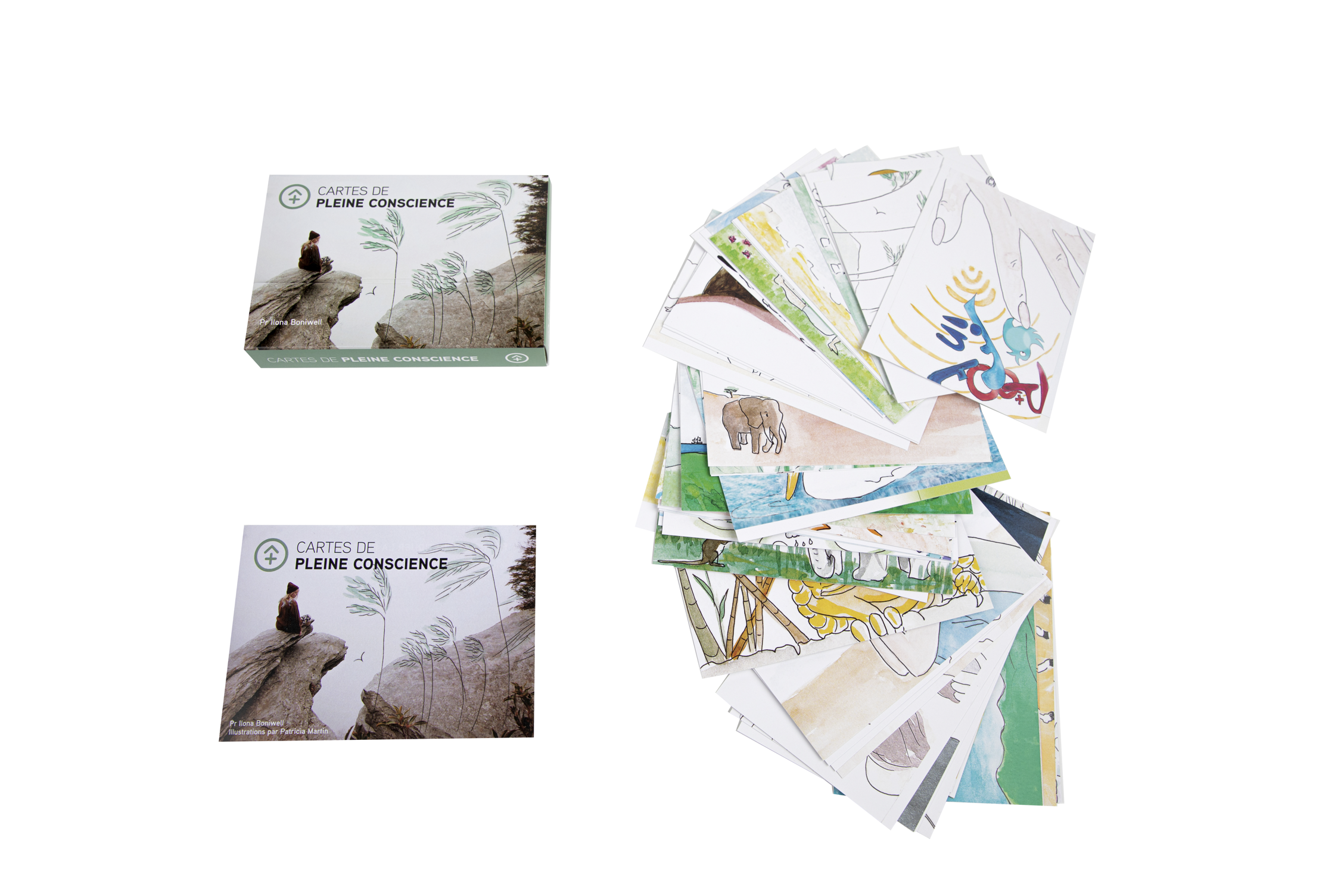
Facilitation Programme - Facilitator's edge: art & science of engaging delivery
250€ HT - 300€ TTC
(prix pour 1 personne et un minimum de 10 participants)
Facilitating with impact: Creating connection and anchoring change
A practical one-day lab to master the neuroscience of facilitation, and transform any content into a powerful, memorable, neuro-compatible experience that permanently anchors learning.
Objectives
Establish psychological safety to enable open conversations and risk-taking.
Apply the principles of cognitive science to make your content clearer, more memorable, and easier to digest.
Transform a passive presentation into an active experience that develops skills and confidence.
Facilitate discussions that build on strengths and lead to real “clicks” (aha!).
Added values
The Facilitator's Toolbox:
Master practical, science-based techniques for managing group energy, building trust, and deepening learning.
The “Upgrade” workshop activities:
Take your own existing activities and redesign them on the fly to make them more neuro-compatible and impactful.
Handle any situation:
Gain concrete strategies for navigating complex dynamics, managing resistance, and encouraging constructive dialogue.
Issues addressed
The "PowerPoint Syndrome" and participant disengagement.
The "Forgetting Curve": Participants forget the content shortly after the session.
Discussions that lack dynamism or are monopolized by a few people.
Lack of confidence to manage the energy and attention of the group.
Access conditions
Prerequisites :
Bring an existing training activity (e.g., a 15-minute presentation, a case study) that you would like to improve.
Our training courses are accessible to people with disabilities. A disability advisor is available to discuss any specific adjustments required.
Registration via a quote request or by email.
Access time according to the training programming schedule, subject to availability.
Registration is validated upon receipt of the signed agreement.
Contact: formations@positran.fr
Assessment methods
Assessment of acquired skills:
Each activity aims to apply the concepts covered during the training.
Questions/answers at the end of each teaching sequence
Formative assessment through observation and feedback from the trainer and peers during workshops.
Summative assessment through a concrete case study.
Satisfaction Questionnaire:
Hot off the press, to gather participants' immediate impressions.
Training Certificate:
Certificate of completion of training mentioning the skills targeted.
Certificate of completion.
3-month survey:
Measure impact with the percentage of participants who implemented key concepts.
Establish psychological safety to enable open conversations and risk-taking.
Apply the principles of cognitive science to make your content clearer, more memorable, and easier to digest.
Transform a passive presentation into an active experience that develops skills and confidence.
Facilitate discussions that build on strengths and lead to real “clicks” (aha!).
The Facilitator's Toolbox:
Master practical, science-based techniques for managing group energy, building trust, and deepening learning.
The “Upgrade” workshop activities:
Take your own existing activities and redesign them on the fly to make them more neuro-compatible and impactful.
Handle any situation:
Gain concrete strategies for navigating complex dynamics, managing resistance, and encouraging constructive dialogue.
The "PowerPoint Syndrome" and participant disengagement.
The "Forgetting Curve": Participants forget the content shortly after the session.
Discussions that lack dynamism or are monopolized by a few people.
Lack of confidence to manage the energy and attention of the group.
Prerequisites :
Bring an existing training activity (e.g., a 15-minute presentation, a case study) that you would like to improve.
Our training courses are accessible to people with disabilities. A disability advisor is available to discuss any specific adjustments required.
Registration via a quote request or by email.
Access time according to the training programming schedule, subject to availability.
Registration is validated upon receipt of the signed agreement.
Contact: formations@positran.fr
Assessment of acquired skills:
Each activity aims to apply the concepts covered during the training.
Questions/answers at the end of each teaching sequence
Formative assessment through observation and feedback from the trainer and peers during workshops.
Summative assessment through a concrete case study.
Satisfaction Questionnaire:
Hot off the press, to gather participants' immediate impressions.
Training Certificate:
Certificate of completion of training mentioning the skills targeted.
Certificate of completion.
3-month survey:
Measure impact with the percentage of participants who implemented key concepts.












